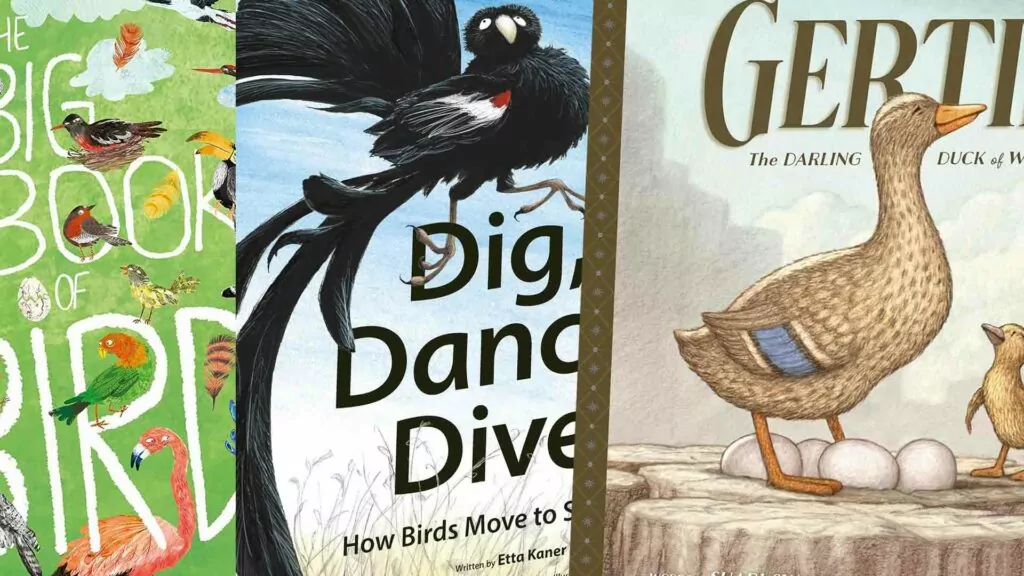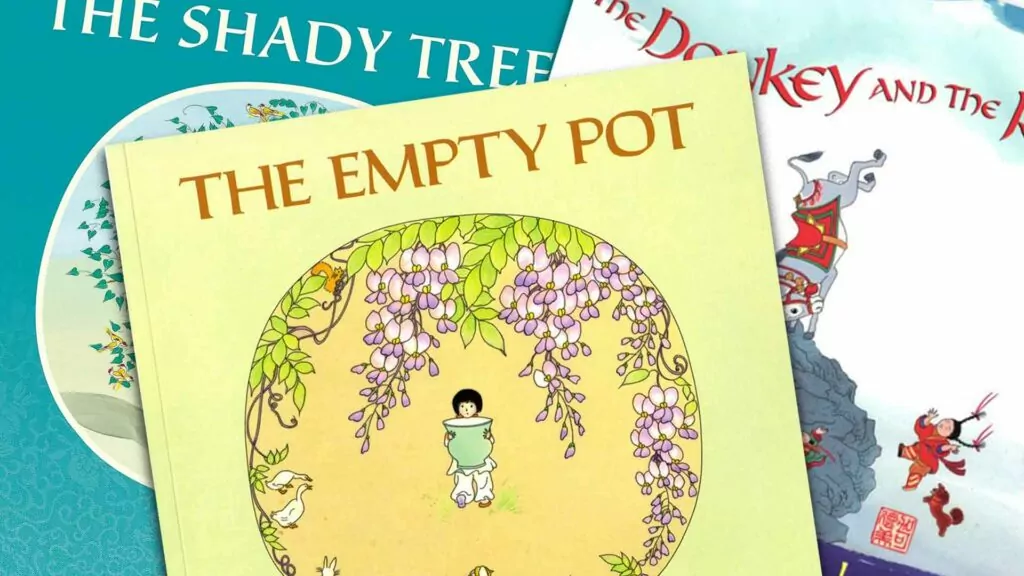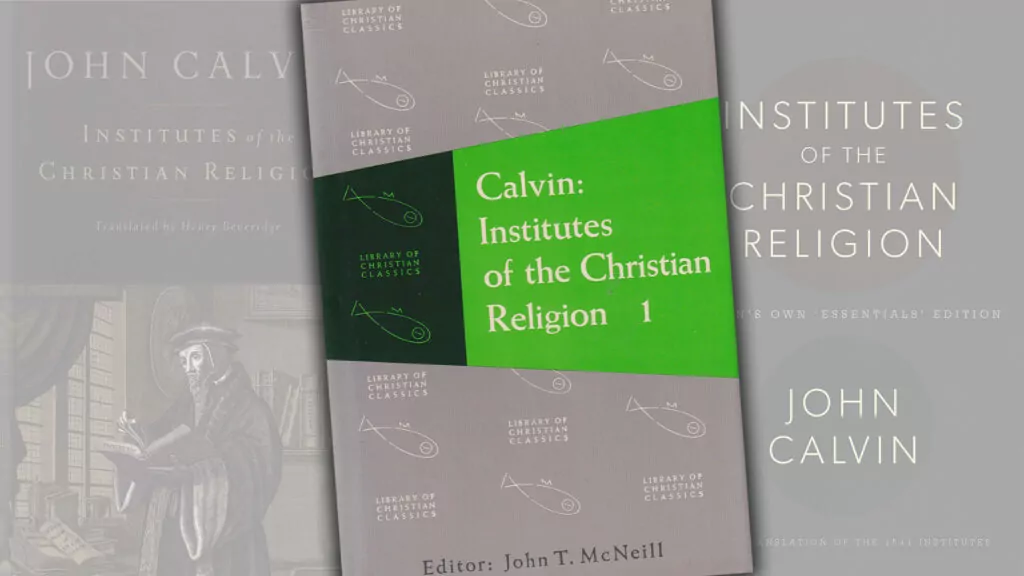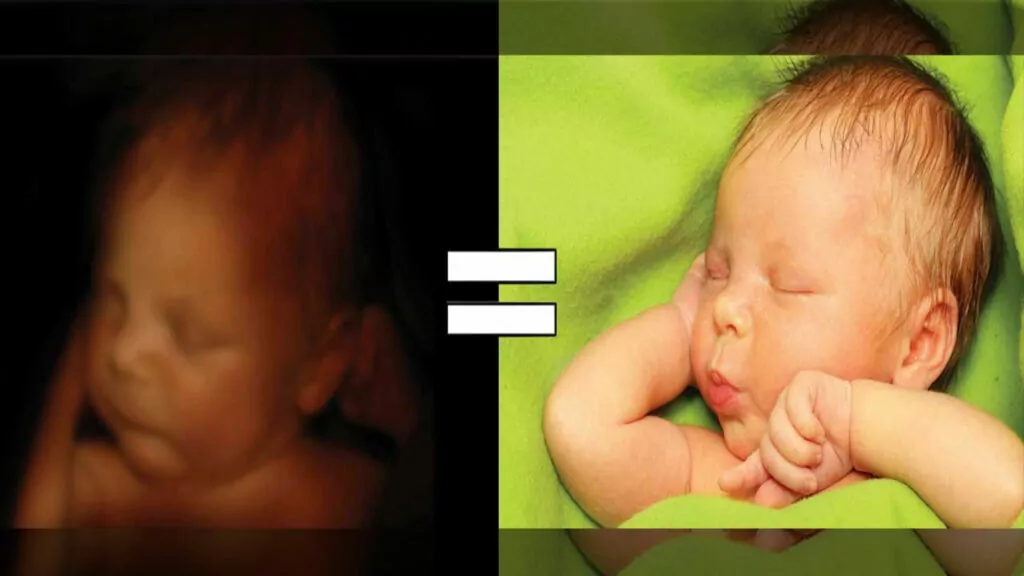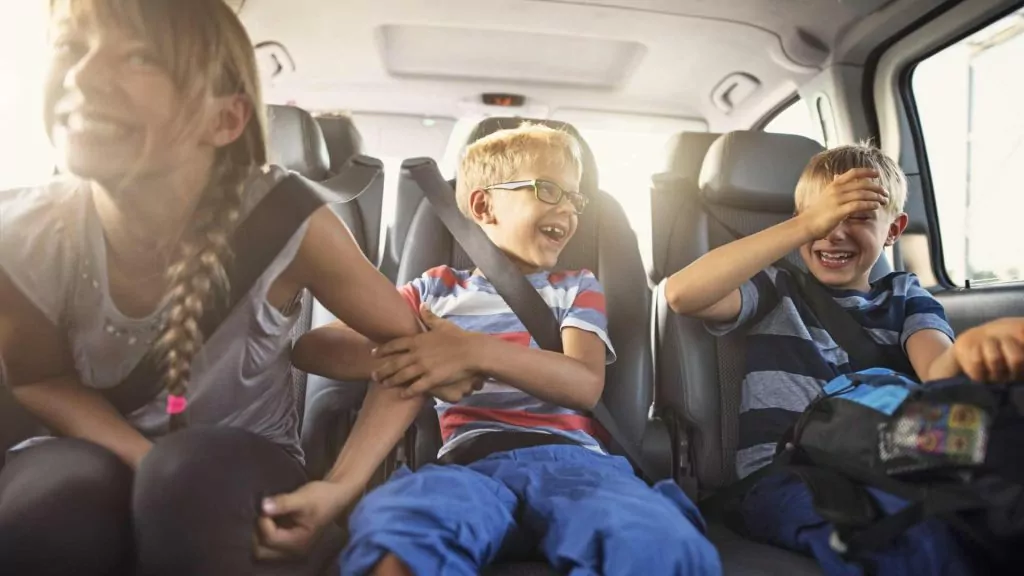Obstacles and roadblocks to having children
Some obstacles to having children aren’t entirely in our control. But there are also roadblocks that we can set up in our own way
*****
On my 20th birthday, I flopped back on my dorm bed and told my mom on the phone, “I thought that I’d have kids by now.”
So why didn’t I?
First comes marriage
The first and most obvious reason was that I was so busy studying at university I wasn’t even dating.
I knew that God intended kids to be raised in a home with a mom and a dad. Since I was single, I wasn’t in a position to have children – even if it was my hidden desire. It was so hidden, in fact, that the girls I lived with voted me as “the most likely to never have children.” So I needed to start bringing what was hidden to the surface, and that began with praying for a husband. I prayed for a God-fearing man who was eager to provide for our family and I trusted God’s will for my life. In addition, I was now up for doing the other things I could to meet eligible men including:
Putting myself in places where I was likely to meet eligible men by prioritizing my attendance at church events over other activities and entertainment, and by going to a Christian post-secondary institution,
Speaking graciously to many new single men by listening well, being cheerful and kind in the content of my speech, and encouraging them in godly pursuits,
Dressing modestly and attractively to avoid two pitfalls: being noticed for the wrong reason and being overlooked because my God-given beauty was hidden, and
Being willing to go on dates and try new things, giving guys a fair chance.
Over time and by God’s leading, I was married at 25.
There’s waiting and then there’s waiting
But we didn’t actively try to have children right away.
There are some benefits to waiting for a time after marriage to have kids. It is not necessary, but it allows time to adjust to new roles as husband and wife without the added challenge of pregnancy hormones. Just as God typically allows 9 months for a pregnant couple to adjust to the idea of parenthood (and for the baby to develop in preparation for the transition to life outside the womb), my husband and I agreed to allow ourselves some time for the transition from being single to being married.
I also saw this as a time that I could complete some life goals before the added responsibility of children. I was eager to complete my schooling for my professional designation. The final test was nine months after my wedding and required intensive studying. My husband and I agreed that it was ok to wait to try for kids until after the final exam. We felt that this was a reasonable amount of time to wait after marriage.
However, there are some disadvantages to waiting. There is a risk that life goals snowball. After the exam was finished, I could have said I wanted to hold off trying for kids until I got a promotion, or had a down payment for our own house, or . I knew we would never arrive at the ideal situation prior to having children, but I was happy to have the big exam behind me.
Another disadvantage to waiting is having an unhealthy motive. I knew God designed married couples to have children. If I chose to forgo having children to better be able to climb the corporate ladder I knew I would be disobeying God. My life goals would then be an idol, keeping me from loving and serving God whole-heartedly. Being open to God’s blessing of children keeps life goals from becoming idols. In my case, I was content to set aside my goal if I got pregnant before I passed my exam.
Open still to the blessing of children
Yet in the period of not actively trying for children, it is important to consider what method of preventing pregnancy the married couple is using. Three methods of birth control exist, and some Christians argue that any form of family planning is problematic because God so designed sex as to be procreative. They’d argue sex apart from procreation is a problem. I’m noting the objection, but I don’t share it. But I do think two of the three methods have problems.
The first is simply to not have sex. While it is a highly effective form of birth control, it goes against God’s design for marriage. As the Apostle Paul puts in 1 Cor. 7:5 abstinence isn’t a good idea, except maybe by mutual consent for a short period, “so that you may devote yourselves to prayer” but then he encourages couples to “come together again so that Satan may not tempt you…” A couple devoted to prayer is different than a couple trying to avoid precreation; therefore, this is not a biblical form of birth control.
A second method involves preventing ovulation – the release of an egg – by taking a birth control pill or using a birth control implant. If there is no egg, then there can be no baby; but it doesn’t always work. If ovulation does happen, then this chemical means of birth control has a secondary effect of making the womb less hospitable to a fertilized egg. A new life begins when an egg is fertilized, even before implantation. Therefore, this secondary effect would end this new life. A conversation with a medical expert using these layman terms would help when trying to clarify how your preferred birth control works. I felt that using this second method of birth control was like firing a machine gun at my sleeping baby’s crib. I wanted to create a safe environment for my children, even in the womb.
The third method involves preventing a sperm from fertilizing an egg by using some sort of barrier, like a condom, or not going all the way. The timing of intercourse can also be done when the wife is less likely to be fertile. These forms of family planning prevent life from being created.
Some forms of birth control are more effective at preventing pregnancies than others; yet Christians can rest knowing that God’s ways are not our ways and children are one of His gifts. I was comfortable with the “risk” of becoming pregnant before I met my milestone of finishing school.
Wrestling with myself
After I finished my exam (and before I knew if I had passed), we started trying to conceive, but there was still some wrestling that I had to do with myself before the throne of God. I knew that even though I may not meet this milestone of being professionally designated, there were other goals that I’d have to change or forgo in order to have a child. I started to “count the cost,” doing almost a cost/benefit analysis to see if child-bearing was “worth it.”
Part of my wrestling was because I was inexperienced with babies. I was the youngest of two kids so I’d never seen my parents welcome a baby into the home. I also had limited babysitting experience.
I had limited experience with the joys of children, but I could imagine all sorts of costs that welcoming a child would bring. Not only would my clothes be stained by gross baby fluids, my hair pulled, and my sleep drastically interrupted, but:
my career pursuits would be put on hold, slowed or abandoned;
my youthful body would stretch and become a different shape;
my attention would be split by keeping track of someone else’s life;
my free time to travel and enjoy hobbies would dwindle or include children;
my friends and conversations would be different; and,
my treasured possessions would be at risk of being damaged by curious children.
Reasons for having children
With all these worldly fears and reasons not to have kids, why did I do it?
First, childbearing is the purpose of marriage. Malachi 2:15 says, “Didn’t the LORD make you one with your wife? In body and spirit you are his. And what does he want? Godly children from your union.” God wanted me to have children filling my home. It was my joyous duty to live in obedience to His command and trust Him to give children as He saw fit.
Furthermore, I can trace back in my genealogy many generations of faithful Christians. I felt called to continue this tradition. The psalmist sings to God saying, “One generation will commend your works to another” (Psalm 145:4). I could tell the next generation of “God’s mighty acts” by teaching Sunday school, but I could do it when I sit at home, when I walk on the road, when I lie down and when I get up if I had children in my own home (Deuteronomy 6:7). It would be arrogant to think that all the sacrifice and obedience of my ancestors was for my benefit. No, my responsibility was to continue what they had done. God first blessed and commanded mankind: “‘Be fruitful and multiply’” (Genesis 1:28). I didn’t have to do a cost/benefit analysis. I could obey Him.
Second, being a mother is a worthy calling, and better than so many of the pursuits the world focuses on instead, like trying to accumulate wealth and experiences. Being a mother involves creating a life that will continue into eternity. I thought of the author of Ecclesiastes complaining that all pursuits were meaningless and without purpose, like chasing after the wind. In contrast, a newborn has a soul that continues into eternity. All my other life pursuits (wealth, beauty, pleasure, etc.) would fade and be worthless. But people will live forever, either in heaven or hell. God uses women to create and nurture new life. He uses many of His people, by the guidance of His Holy Spirit, to win souls for Christ’s sake. Since children and people in general have eternal value, this makes the sacrifices of moms and all His servants “worth it” and is better use of their time and efforts than focusing on things of this world.
Third, I trusted that having a child would bring joy. There are many women of the Bible who expressed joy upon holding their first born:
Eve, the first mom, expressed awe at her firstborn son (Gen. 4:1).
Sarah said, “God has brought me laughter” (Gen. 21:6).
Hannah prayed and spoke of God lifting up her heart: “‘My heart exults in the Lord; my horn is exalted in the Lord’” (1 Sam. 2:1).
Naomi and Ruth both rejoiced at the birth of Obed, speaking of how he’d nourish Naomi in her old age and be a restorer of life (Ruth 4:15).
Elizabeth’s joy in giving birth to John the Baptist was so great that it bubbled over to her neighbors and relatives (Luke 1:58).
Mary “treasured up” Jesus’ birth and pondered it in her heart (Luke 2:19).
These biblical women described such meaningful happiness at holding their bundles of joy that I wanted to know that experience for myself. Furthermore, these women were from a span of history that covered 4,000 years, yet all expressed similar joy. Childbearing is a gift God has given women that transcends cultural expectations.
Life has eternal value. Childbearing is a joyous gift of God and He commands it of Christian marriages. Therefore, the benefits of having children were far greater than my list of costs. Wrestling through this helped me to pursue conceiving a child with joy and peace, but again I did not get pregnant right away.
One last barrier
The last barrier I went through to having a child was an ability to conceive as quickly as I’d expected. I was actively trying to get pregnant, but it wasn’t happening. Every month that I wasn’t pregnant I was disappointed. Reading medical articles about fertility helped me to better understand the typical time it takes to get pregnant and I learned that it takes longer the older the age of the mom:
“When a woman is younger than 30, she has an 85% chance to conceive within 1 year. At the age of 30, there is a 75% chance to conceive in the first 12 months. This chance declines to 66% at the age of 35 and 44% at the age of 40. This is due to the effect of aging on the ovary and eggs.”1
I learned that a 1-2 year wait to get pregnant was within the range of normal. My experience fell into this category.
However, I know there are more complexities to the issue of infertility than time. Many seek medical advice. Christian couples pray and search Scripture for wisdom as they consider the various options available, including fostering and adoption.
My struggle to conceive was a monthly challenge, but I am thankful for this trial. It produced peace as I learned to surrender to the Lord’s authority and trust in Him to provide.
My first child was born on a Monday morning, just as the sun was coming up. It was a girl! She was dainty and muscular. We gave her a name that means “strong” and the middle name “joy” to remind us and her that “the joy of the LORD is your strength” (Nehemiah 8:10). The Lord led me through the barriers blocking my way to childbearing and blessed me with the joy of motherhood.
Endnote
1 “Knowledge about the impact of age on fertility: a brief review” by Ilse Delbaere, Sarah Verbiest, and Tania Tydén, in the Upsala Journal of Medical Sciences, Vol 125 (2), 2020, pages 167-174...














































